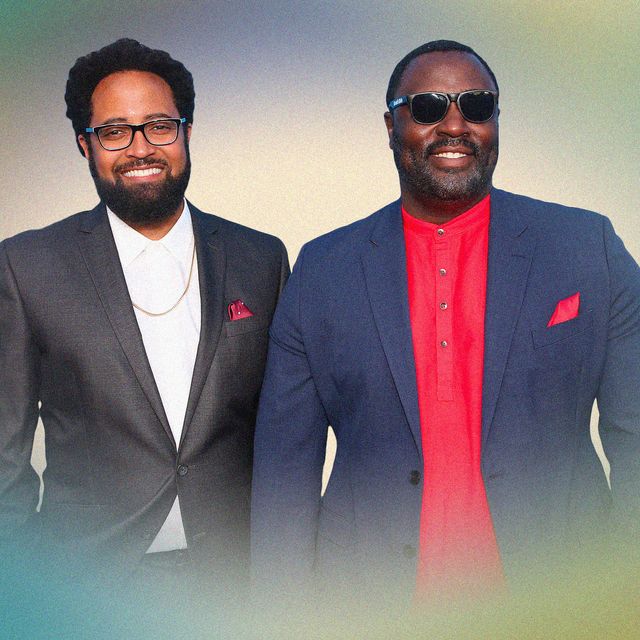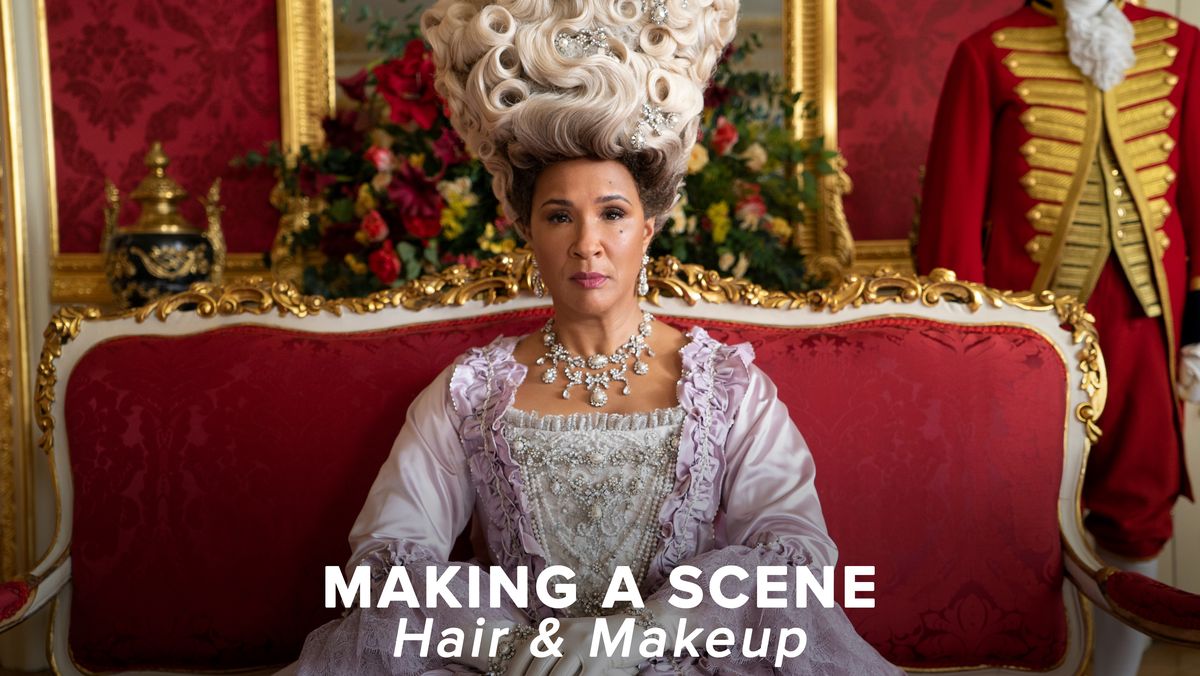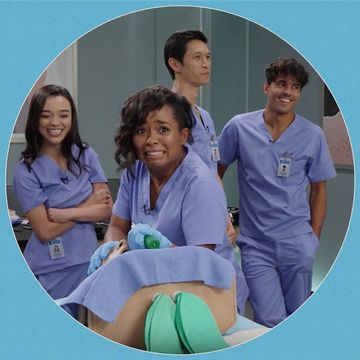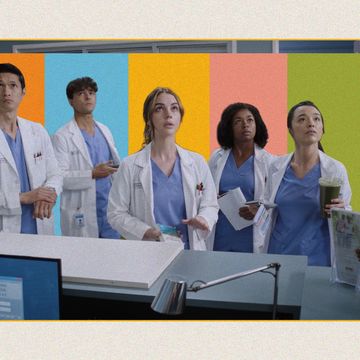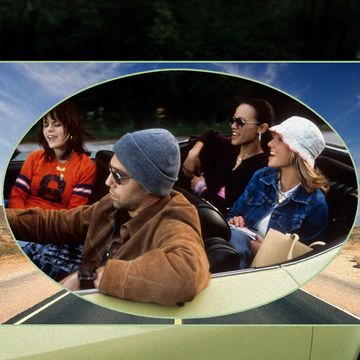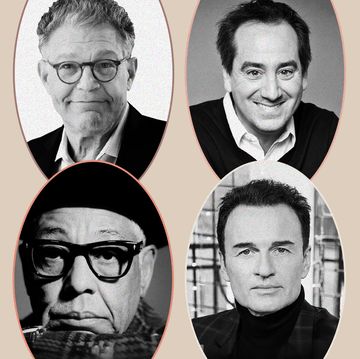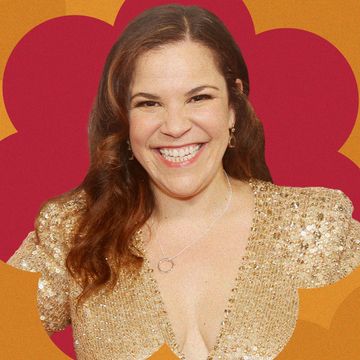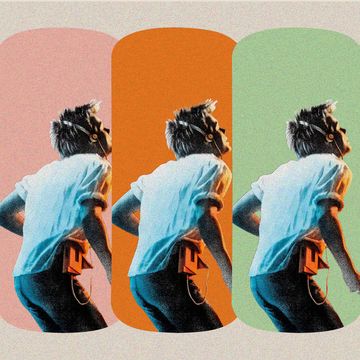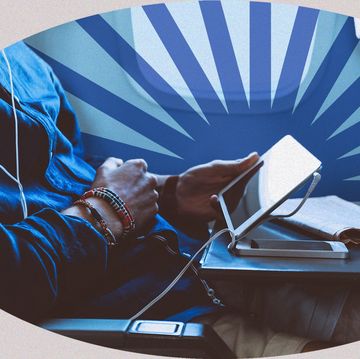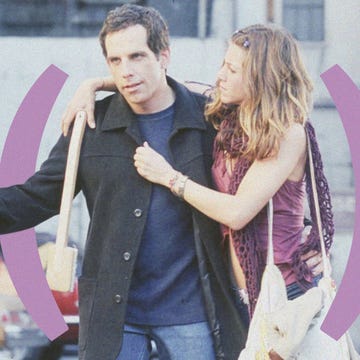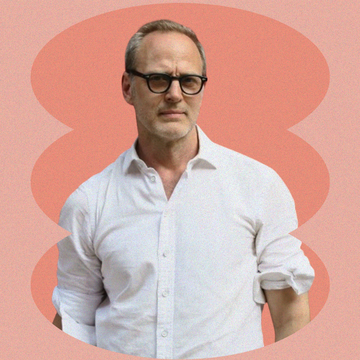To call South Side, the comedy set on the South Side of Chicago, funny is a serious understatement. Back for a second season, this time on HBO Max after a first season on Comedy Central, South Side is nothing short of painfully, gut-busting hysterical — case in point, the first episode of season two when the bumbling Officer Goodnight, played by co-creator and co-executive producer Bashir Salahuddin, finds himself locked in the home of an urban furrier who captures city critters and turns them into fur coats. It’s a clever, unbelievably silly play on the “trap house” (slang for “drug spot”), and the story line works on a bunch of levels beyond the double entendre, highlighting the ingenuity of inner-city entrepreneurs and police ineptitude too.
That’s but one of the laugh-out-loud moments in the comedy’s second season, which presents its final episodes this week. This go-round, the series expands its cast of crazy characters, a wish fulfilled on the part of creators and executive producers Bashir Salahuddin and Diallo Riddle, who’d aimed to make a show with a universe of people like their beloved Simpsons. As with the first season, some of the side characters who appear are first-time performers or residents of Chicago (Salahuddin’s hometown) who literally just talked their way onto the show.
“That’s why we chose the poster that we chose for season two,” Salahuddin tells Shondaland in a recent Zoom interview with his co-creator Riddle. “That poster takes a page from A Tribe Called Quest’s Midnight Marauders album. So many fans are shocked that there are this many people on-screen, and that many people are being funny. For us, we’re really happy we represent that — there’s so many great faces and so many people you’re going to have fun with.”
The breadth of perspective and experience is one of the most notable things about South Side, which is set in an environment that, in the media, is often reduced to a hood riddled with guns, drugs, and crime. South Side, on the contrary, presents the neighborhood as diverse and inhabited by people working to improve their lives. Indeed, one running thread on South Side is about what goes on at “Rent-T-Own,” a rent-to-own spot where two enterprising but inept entrepreneurs, Simon (Sultan Salahuddin) and Kareme (Kareme Young), are always concocting a plan to make some dough, for better or worse. That’s one of the ways the show is quietly revolutionary, by not so much trying to undo stereotypes but by simply showing this slice of Black life in a fuller, more dynamic way.
“We really wanted to represent that sort of inner-city Black experience, which is going to include people who have wealth and people who don’t, and all points in between,” says Salahuddin. “We feel like that’s a better representation.”
Season two also finds South Side experimenting with form. Now that it’s streaming, the series isn’t as rigidly boxed into the typical 22-minute sitcom format, so some episodes run longer or shorter. Coupled with its use of flashbacks this season, South Side is taking more risks and upending expectations in ways that its creators hope will keep viewers on their toes and, of course, LOLing. Not that they’re shying away from serious topics. A story line about a political race, with Riddle’s character, Allen Gayle, running for alderman, touches on the shadiness of Chicago politics. And the very nature of the show, set where it is, makes working-class life, and all the challenges that come with that, a through line. But the producer-actors find it much more provocative — not to mention fun — to prioritize laughter and let the people who watch South Side mute the real world for just a little while.
“We see our jobs as ‘Let’s make the funniest show that we can,’” says Riddle. “But that doesn’t mean that there’s not things that are getting addressed. In season one, we [say] there’s nothing more expensive than being broke. I don’t think that our stuff is without meaning and some social commentary. I just think that our execution is such that we don’t want you to necessarily feel it while it’s happening.”
Adds Salahuddin, “We think the best comedies —Sanford and Son, Seinfeld — are timeless. Stuff that has nothing to do with what’s going on in the world. We chased the thing that made the [writers’ room] laugh, the thing that made us all feel good. There’s something revolutionary about just trying to be as funny as humanly possible.”
Malcolm Venable is a staff writer at Shondaland. Follow him on Twitter @malcolmvenable.
Get Shondaland directly in your inbox: SUBSCRIBE TODAY
